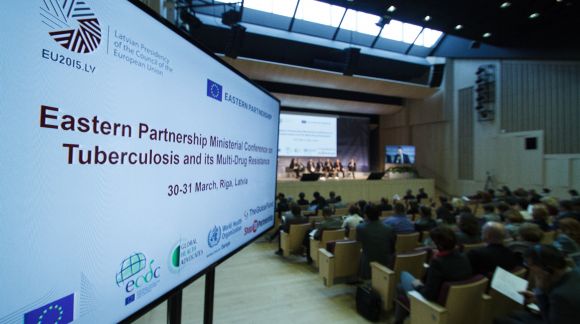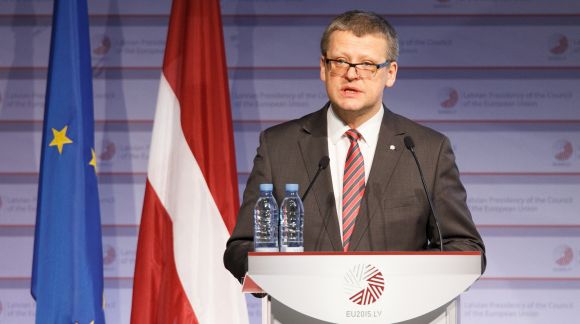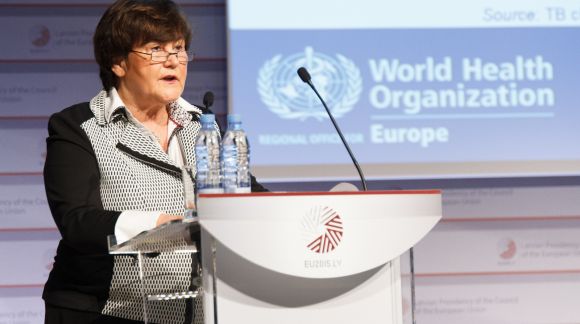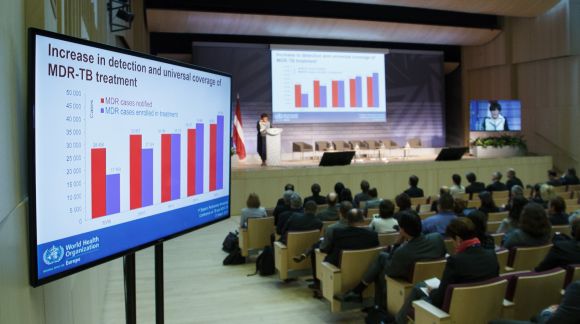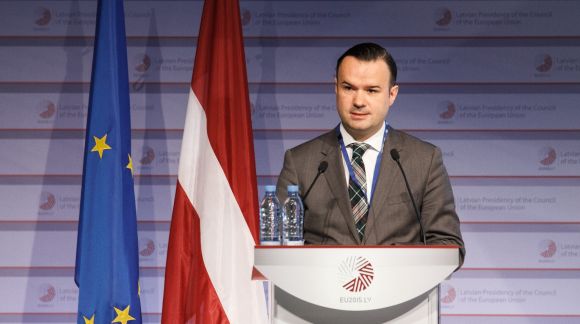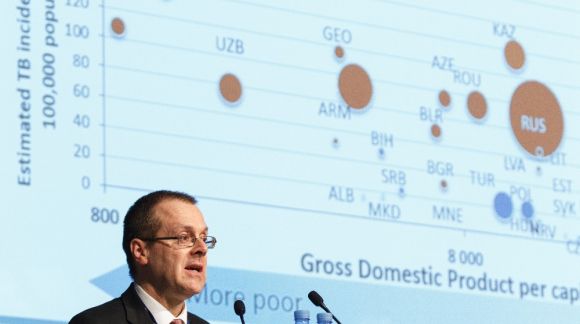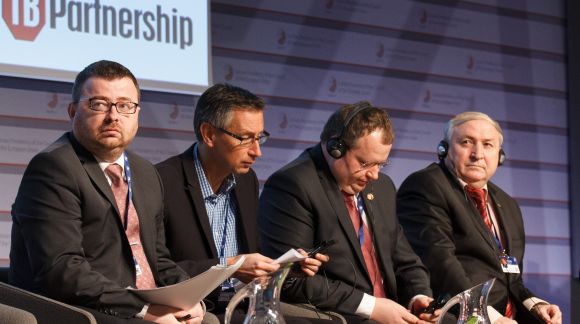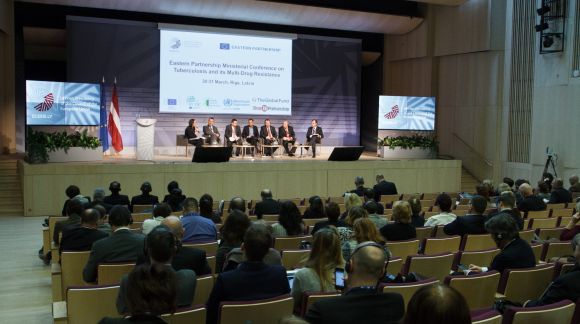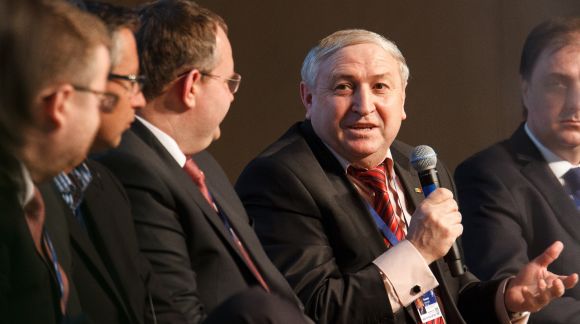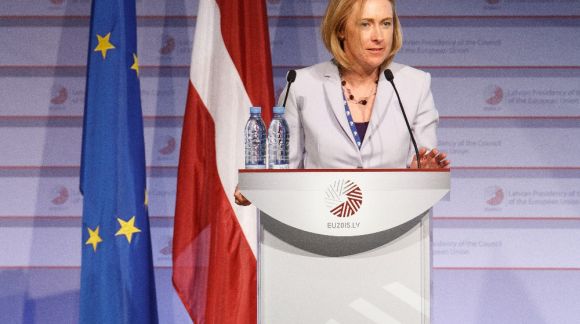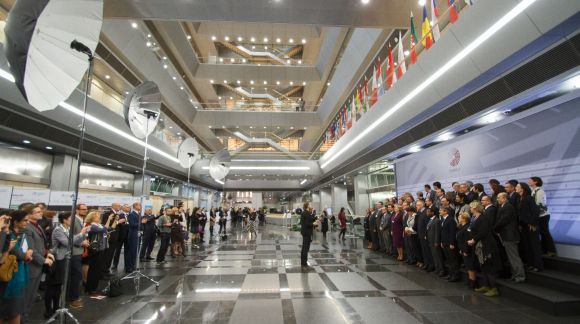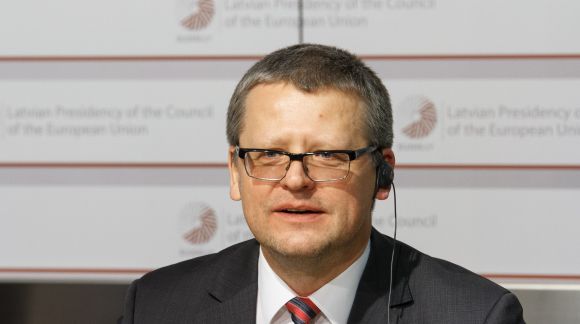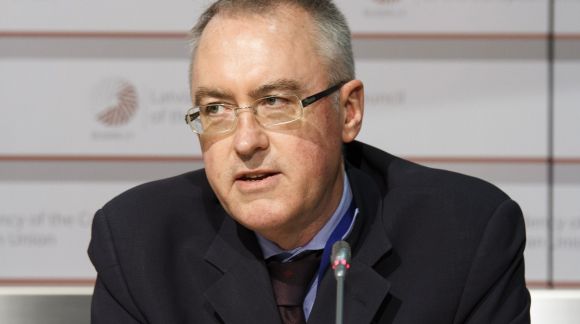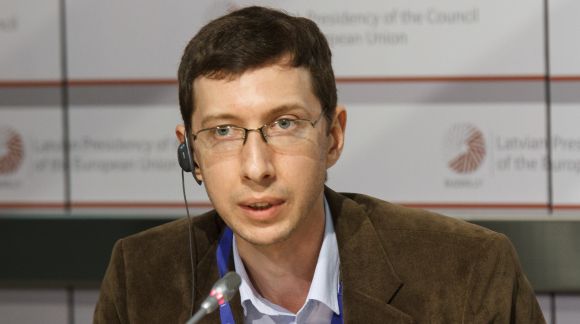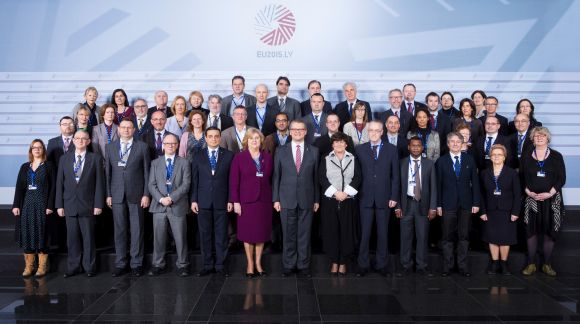“Tuberculosis is a world-wide public health problem and by accepting the Riga Declaration we address this issue on a new level. We have a common understanding with the World Health Organization. Its strategy envisages a reduction of tuberculosis incidence rates by 50% and mortality rates by 75% by 2025, compared with 2015. To achieve this goal, it is important to provide a sustainable approach to tuberculosis control, ensure cross-sectoral cooperation in working with at-risk groups and cross-border cooperation for reducing the spread of tuberculosis both at national and European level.” said Dr Guntis Belēvičs, Latvian Minister for Health.
Support for the conference and the Riga Declaration was also expressed by several high-level international officials.
“Tuberculosis is a blunt reminder of the health inequalities that remain between social groups. It is vital to look at it from a wide perspective and address the underlying social conditions that encourage it to spread. We need to join efforts and eliminate tuberculosis by 2050. I believe the Riga Declaration provides a solid foundation for cross-sectoral work and future collaboration, and I am committed to working towards its common goal,”expressed Vytenis Andriukaitis, European Commissioner for Health and Food Safety.
“This two-day high-level event has shown that Europe is in a position to pave the way for TB elimination. This means shorter and more effective treatment regimens with new drugs; completed treatment for all patients; expanded patient-centred care and shift from inpatient to ambulatory care. This also means more research for diagnostics and vaccines; more equity and reduced stigma; more and better used funds,” noted Dr Zsuzsanna Jakab, WHO Regional Director for Europe, adding that she is content to see all the above as priorities on countries’ agendas that are also well-captured in the Riga Declaration,
“Now we should all aim to build on achievements and address the gaps in TB elimination pathway. It is only through stronger commitment, collaboration and solidarity that we can achieve this goal, so that our children will live in a world free of TB."
"As long as transmission is on-going, TB is a threat to public health. The Riga Declaration is an important step towards TB elimination in Europe, by changing focus from the more passive control approach to an active elimination approach. Given the global nature of the disease, all levels have to work hand in hand: from government to civil society organisations, as well as patients’ associations, academia, professional and international organisations”, stressed Director of the European Centre for Disease Prevention and Control Marc Sprenger.
The key objectives of the Eastern Partnership Ministerial Conference on Tuberculosis and its Multi-Drug Resistance were to strengthen political cooperation on eliminating tuberculosis and its multi-drug resistance in the European Union, the European Economic Area (EEA) and the Eastern Partnership (EaP) countries through sustained action of health systems. The conference was organised by the Latvian Ministry of Health in co-operation with the Regional Office for Europe at the World Health Organization, the Global Fund to Fight AIDS, Tuberculosis and Malaria, the Stop TB Partnership, the European Centre for Disease Prevention and Control and the European Commission.



